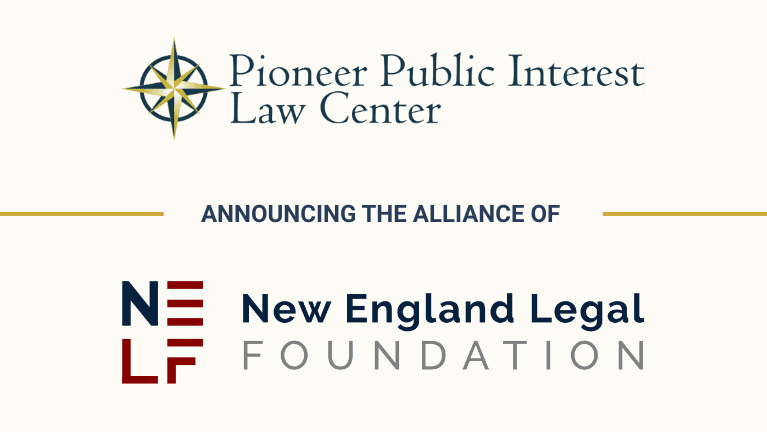 |
Another missed wakeup call: Despite rejection by the sleepy zoning commission, Boston’s mayor plans to forge ahead with tough new rules on banning gas, other fossil fuels in new buildings
08.20.2024
by Scott Van Voorhis
Talk about missing the message.
When was the last time you read a story about the Boston’s Zoning Commission? Any story, at all?
That’s what we thought.
Members of obscure zoning boards aren’t typically in the business of thwarting the wishes of mayors – especially if they have any desire to hold onto their seats.
So last week’s decision by the city’s Zoning Commission to push back against one of Mayor Michelle Wu’s pet climate initiatives spoke volumes. The 10-member commission voted against the mayor’s Boston Net Zero Carbon Zoning Initiative, which would have outlawed the use of gas and other fossil fuels in most new apartment and condo projects, as well as in all sizable commercial buildings. The vote came as business and real estate groups raise concerns about the impact of the new rules at a time when construction of new housing has fallen off a cliff, even as rents and prices continue to shatter records. Certainly a big part of the decline stems from the Fed’s decision to hike interest rates, which wreaked havoc on efforts by developers to nail down financing to build new projects.
But Wu has also refused to budge when it comes to policies that may have made sense in good times, but no longer add up in a real estate recession, from boosting costly affordable housing mandates to ever tougher new regulations on building emissions. Developers in Boston pulled building permits for just 78 new housing units in July, the lowest number since July 2018. And, through the end of July 2024, new residential construction in Boston fell behind even 2023’s dismal pace, according to city numbers reviewed by Contrarian Boston. The Wu administration should be very concerned about both the big drop in housing and the Zoning Commission’s decision to buck the mayor on one of her prized priorities.
Instead of stepping back and taking stock, though, the Wu administration has signaled it’s not giving up and plans to return to the Zoning Commission “to address some of the concerns commissioners raised,” a spokesperson told the Boston Globe.
Given the circumstances here, that’s pretty weak tea. As typical, the Globe story makes only a passing reference to real estate groups complaining about higher building costs, while extensively quoting various climate and environmental types on why the business people have it all wrong.
A new way to build more housing? As resistance to new housing mounts in some suburbs, a nonprofit legal foundation offers up an alternative way to build apartments
That would be the New England Legal Foundation.
Headed by Dan Winslow, a former former judge, state rep. and one-time legal counsel to former Gov. Mitt Romney, NELF is offering what it contends is a free market alternative to rent control.
While cities and towns have been barred for decades now from capping rents, soaring housing costs have revived interest in the idea, with officials in Boston and Somerville leading the way.
Hoping to provide an alternative, Boston-based legal foundation has crafted a proposed zoning bylaw that it hopes will be adopted by towns worried about rising rents and interested in boosting the construction of affordable apartments.
Under the Free Market Affordable Rent bylaw, towns would agree to create a new zoning district where local red tape would be reduced to a minimum and project approvals would take no more than two months.
The Zoning proposal is designed so that towns and suburbs can debate and potentially vote to adopt the plan at town meetings.
The aim of the new rules is to give a green light to considerably more rental housing than would be allowed under typical local zoning rules: up to four stories on lots as small as 10,000 square feet, or a fourth of an acre.
Developers, in turn, would agree to cap rents at 80% of annual median income, on half of all new units. In Boston, that would put a ceiling on the rent of a one-bedroom apartment at just over $2,000.
The other half of the units would be rented out at fair market price.
While rents would be capped, prospective tenants would not be be screened for income to see if they qualify, as they are in traditional subsidized housing programs, lowering administrative costs.
“Excessive land use regulations add costs, uncertainty, and delays in housing construction that drive up the cost of housing for purchase or rent,” said Winslow, president of the New England Legal Foundation. “Our aim is to create an alternative to government-imposed rent control by creating incentives for private sector owners and developers to yield more value from their property by including affordable rental units in their developments or conversions.”
Read the full article here,


